My financial hardship pretty much started at birth. I was born to a mother who was only 15 years old, and who was sent to prison by the time I was three. I also became a mother at 15, and I started working full-time to care for myself and my baby while still in high school (which, might I add, I graduated from on time - no small feat!). At the age of 16, I was already on baby number two. Not yet an adult and already balancing so many things that even a small slip-up would send me over the edge.
After turning 18 I started receiving credit card offers. I had never had access to money like that. I also had no understanding of how credit worked or how it could be predatory. I accepted a couple of offers and started charging away. Everything was going great. I got a job at the University of Florida, was living on my own and taking care of my kids. It was a lot to manage at such a young age, but I’m resourceful and managed to keep all the balls in the air for several years.
Then things came crashing down. The father of my two kids and high school sweetheart got in trouble with the law. This one problem upset the delicate balance I had maintained and quickly snowballed into more problems. I lost my job and got evicted from my apartment. For months my kids and I moved from house to house sleeping on couches and floors. We even had to spend one night outside. Eventually I was able to get another place, but during this crisis my debt had ballooned to a point where I no longer had control over it. My children’s father ended up going to prison, leaving me with a five and six year old to raise on my own.
In an effort to improve my financial situation, I turned to the higher education system and enrolled in an AA program in Business Administration. My dreams to further my education, however, only translated to more debt. With all the life complications that come along with financial insecurity, I couldn’t juggle the classes, a full-time job, and caring for my family all by myself. As a result, I now have $50,000 dollars worth of debt and no degree to show for it.
Year after year I struggled to better myself, but the predatory credit card debt and high interest student loans meant that I was constantly digging out of a hole. It felt impossible to turn my dreams into a reality.
With no other opportunities available to me, I decided to make my own way by starting a cleaning business (TNT Dynamite Cleaning Service). I used a lot of grit and a couple of saved-up paychecks to get off the ground. It became clear early on that I needed to expand to keep the business afloat. I started looking for small business loans, but not one financing company was willing to give me a chance because of my past credit history. All they could see were difficult times of my youth. No one made the effort to see the person I was now.
Then the COVID-19 pandemic struck. Everything felt hopeless. My little business that I had poured so much into basically came to a halt. I wasn’t alone. Community Spring’s grassroots COVID-19 survey and recovery work has highlighted the severe economic toll of the pandemic in our community, especially among low-income households.
But then something unexpected happened. Relief programs for COVID-19 made financing for small businesses accessible. The unreasonably high barriers to loans that had prevented me from growing my business were removed. Because of the SBA Stimulus and the Payroll Protection Loan, I was able to hire more people and take on more clients. Not only did access to fair credit help put me in a better financial situation, it also created jobs for people in my community. I am finally on track towards my goals.
My story shows that credit is a double-edged sword. On one hand, it can be predatory and trap people in poverty. Once the cycle of debt begins, it is nearly impossible to break. But on the other hand, fair access to credit is critical to helping people work their way out of poverty. The COVID-19 relief programs have shown that it is possible to give small business owners like me a meaningful chance to build themselves up. Fair access to financing and opportunities to improve one’s credit should not just be available during times of economic crisis. If we want to give people a real chance to escape poverty, ensuring access to fair credit would be an important step in the right direction.

